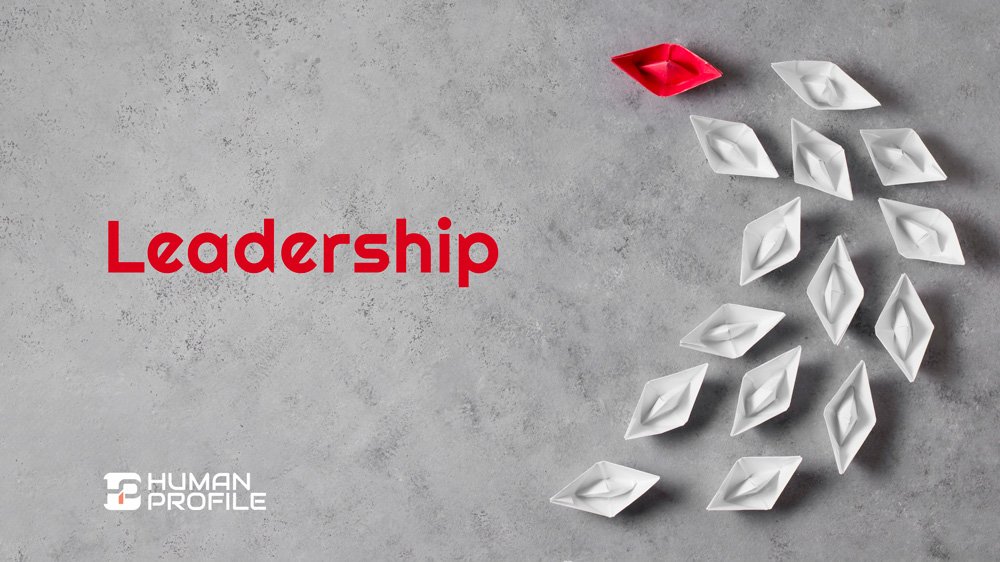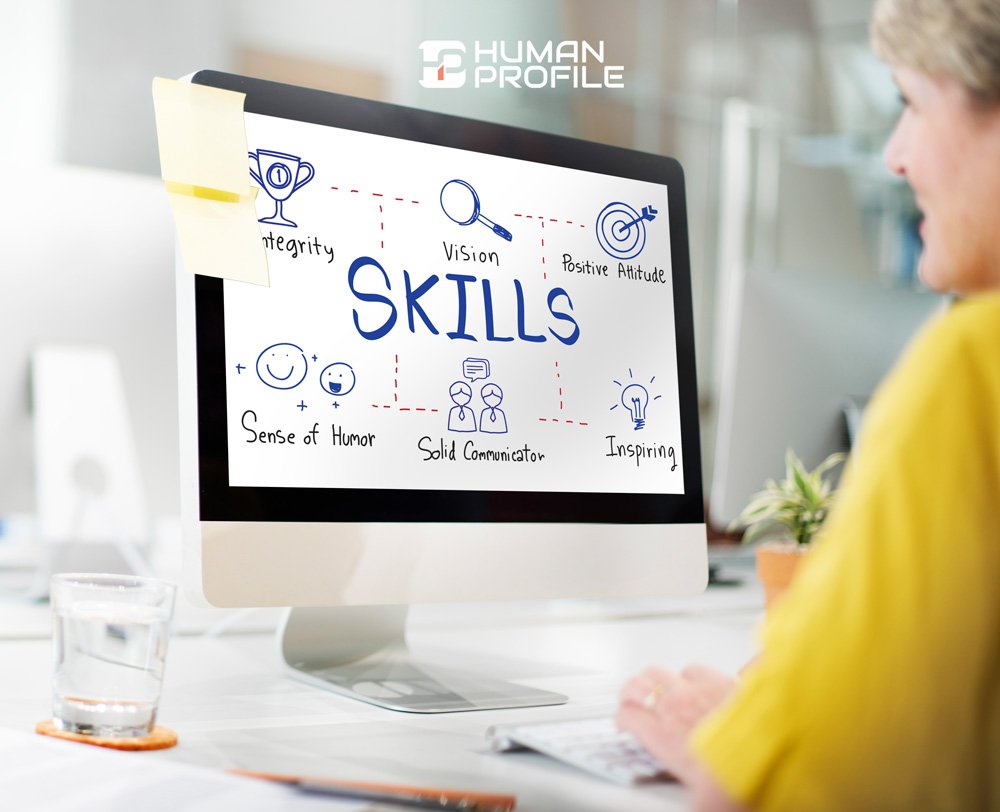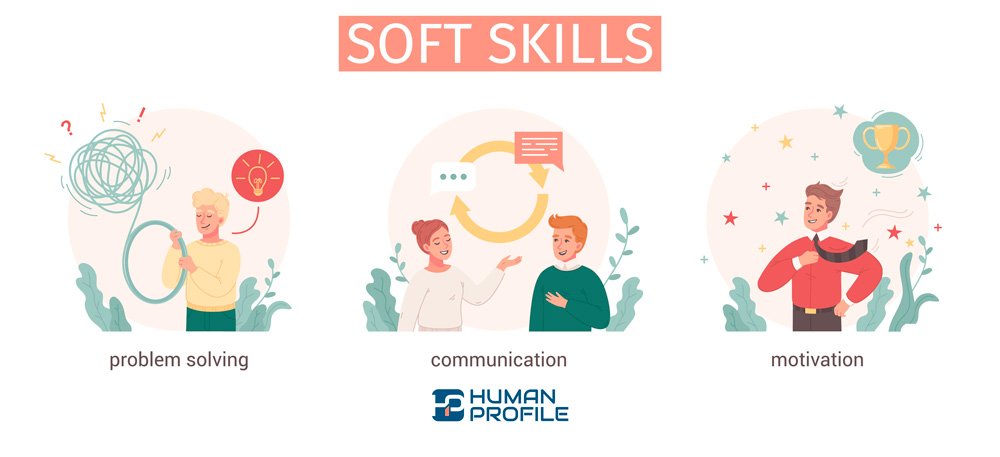In today’s professional landscape, job search and career success are not limited to technical skills, known as “hard skills”. Behavioral skills, or “soft skills”, play a fundamental role in a professional’s career path. The statement that “9 out of 10 professionals are hired for their technical profile and fired for their behavioral profile” reflects a widely shared perception. In this article, we will explore this idea and analyze why a balance between these two types of skills is essential in the workplace. Technical skills: Fundamentals of CompetenceTechnical skills are the basis of any profession. They include knowledge, experience and the ability to perform specific tasks related to a particular area. These skills are vital and often a minimum requirement for getting a job in a specific area. However, having technical skills alone does not guarantee professional success. Behavioral skills: The soft skills that make the differenceBehavioral skills, which are often underestimated, are just as crucial. They include aspects such as effective communication, teamwork, conflict resolution, adaptability and emotional intelligence. Professionals with good behavioral skills tend to stand out, as they are able to relate well to colleagues, overcome challenges, lead teams and adapt to change. Hiring and firing: the role of soft skillsThe claim that most professionals are hired for their technical skills and fired for behavioral issues is not unfounded. When a person is hired, technical skills are usually the initial selection criteria. However, behavioral problems, such as lack of adaptability, interpersonal conflicts or communication difficulties, can lead to dismissal.It is important to note that this statement is not a universal rule. The relevance of behavioral competencies in hiring and firing can vary according to the sector, the company culture and the specific function. The necessary balanceRather than seeing technical and behavioral skills as competing, it is essential to realize that they are complementary. Successful professionals recognize the need to balance both sides of the spectrum. Having solid technical skills is important, but without adequate behavioral skills, career growth and success can be limited. Personal and professional developmentTo achieve this balance, professionals should invest in developing their technical and behavioral skills. This can include seeking out training, courses, workshops and constant feedback. Training and improving behavioral skills, such as leadership, empathy, time management and conflict resolution, are just as valuable as pursuing technical knowledge. ConclusionIn a constantly evolving professional world, the assertion that behavioral skills play a crucial role in hiring and firing is well-founded. However, this is not a competition between technical and behavioral skills, but a necessary balance. Career success requires a combination of technical knowledge and interpersonal skills. Professionals who recognize and develop this balance are more likely to achieve success in their careers, regardless of the area in which they work. Therefore, investing in both technical and behavioral skills is an essential step to thriving in today’s work environment. You might be interested in: “The contribution of artificial intelligence to the Human Resources (HR) sector“ Find out more about our “Smart Applications”: truly functional solutions that allow you to select candidates based on their soft skills!









